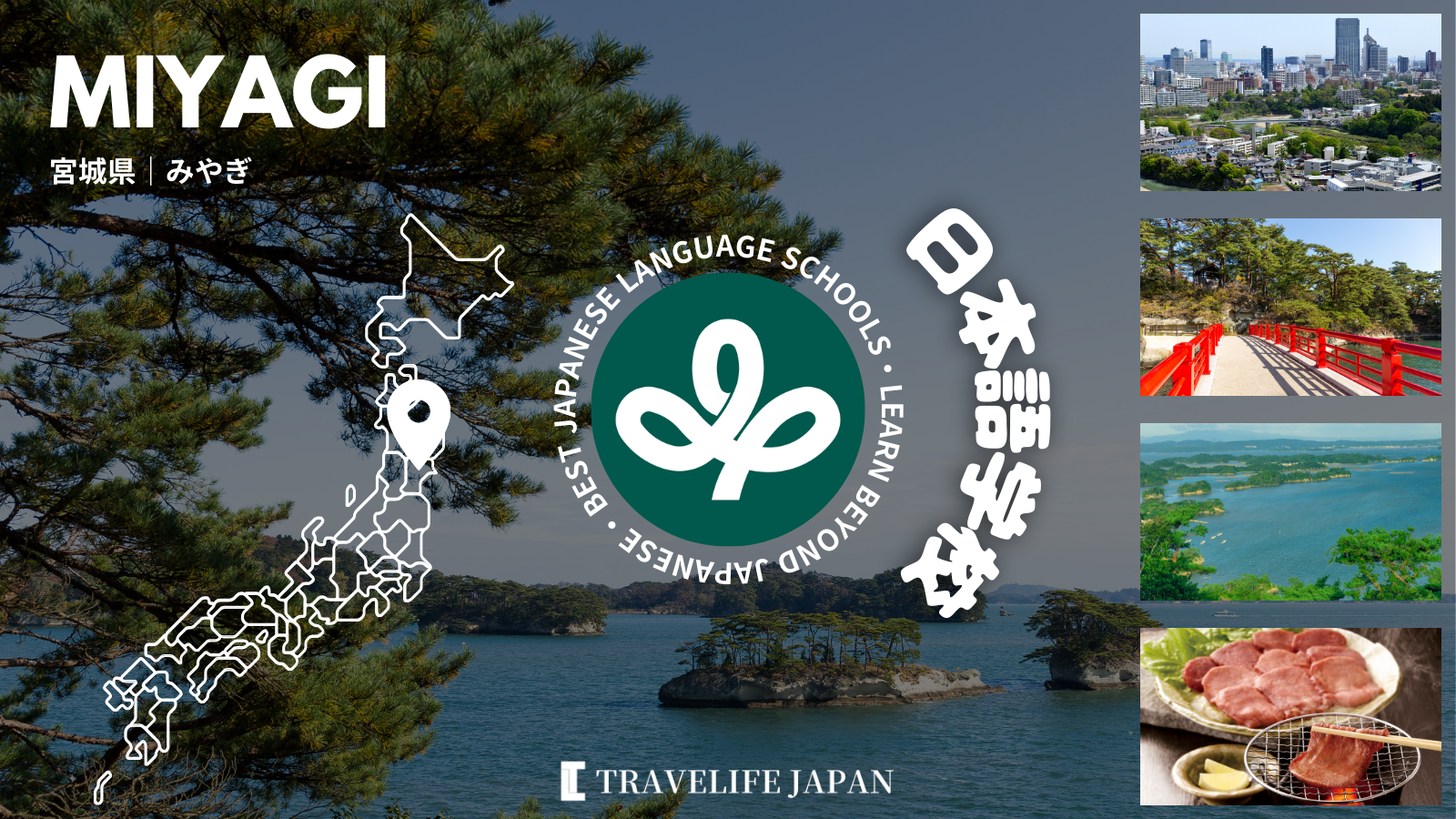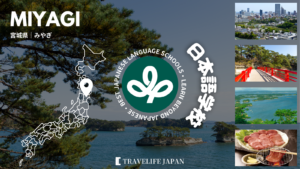Discover top Japanese language schools in Sendai, Miyagi, where breathtaking nature meets vibrant culture. This tranquil setting offers immersive Japanese language courses, blending tradition with modernity. Learn Japanese in Sendai for a unique educational journey, combining serene surroundings with comprehensive language education and cultural exploration in Miyagi’s heart.
Want to learn Japanese in Japan?
Ask us any questions with free application support.
Fast and Easy!
Introduction of Miyagi
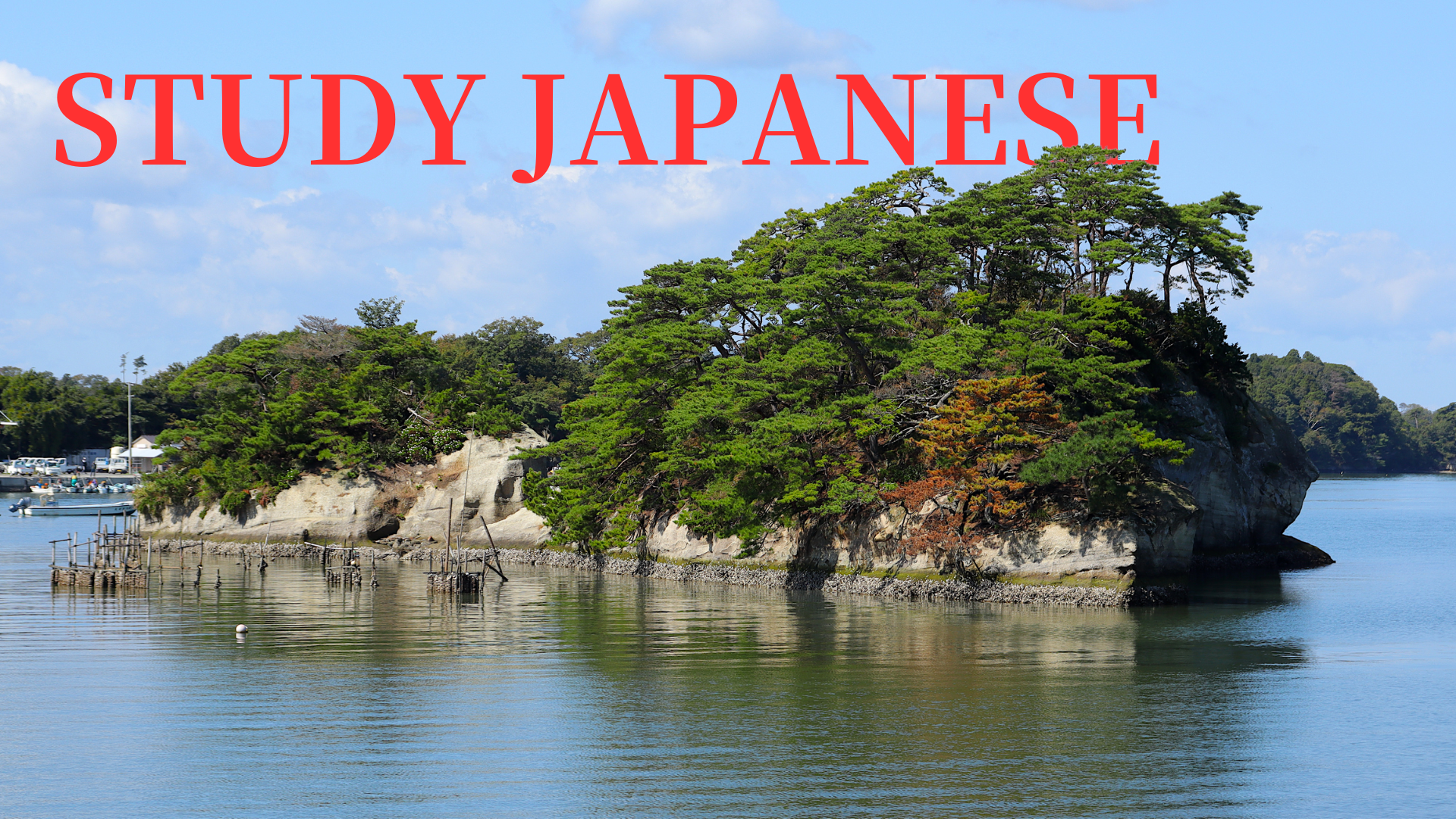
Miyagi Prefecture, located in northeastern Japan, offers a perfect environment for students looking to study Japanese amidst stunning nature and rich culture. The coastal beauty of Matsushima Bay, with its scenic islands, and the interior’s majestic mountains, including Mount Zao, provide breathtaking backdrops for language learning. Sendai, the heart of Miyagi, is home to reputable Japanese language schools, vibrant festivals like the Sendai Tanabata Festival, and historical sites like Sendai Castle. With renowned hot springs, fresh seafood delicacies, and a thriving cultural scene featuring museums and performances, studying Japanese in Sendai, Miyagi, blends education with an unforgettable cultural experience.
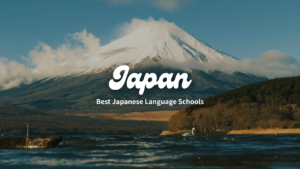
Best Japanese Language Schools in Miyagi
SLS|Sendai Language School

Sendai Language School, established in 1988, is a prestigious Japanese language school located in the heart of Sendai, Miyagi. Catering to students from diverse cultural backgrounds, the school specializes in providing comprehensive Japanese language courses designed to prepare learners for higher education in Japan. With expert instructors and a dynamic teaching approach, students can effectively learn Japanese in a supportive and engaging environment. Beyond language education, the school emphasizes cultural integration, helping students adapt to life in Japan. Sendai Language School offers an inclusive community where students not only study Japanese but also experience the culture and warmth of Sendai.
Request a Limited-Time Discount Offer.
Sendai International School of Japanese
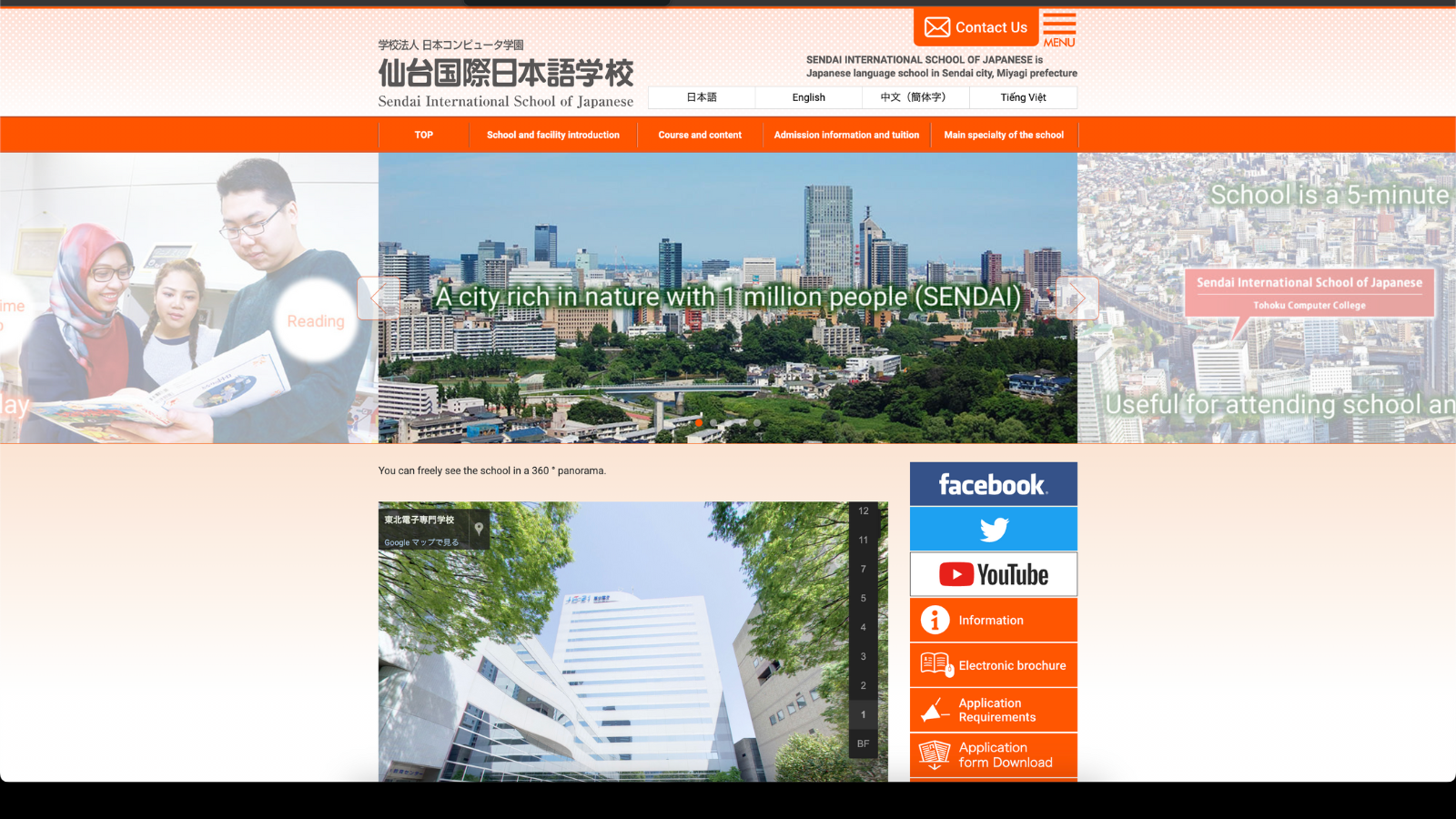
Sendai International School of Japanese, located just a 5-minute walk from Sendai Station, is a premier Japanese language school in Sendai, Miyagi. Nestled in a city celebrated for its harmony between nature and modernity, the school offers exceptional Japanese language courses alongside immersive cultural experiences. Students enjoy modern facilities, engaging activities like calligraphy and tea ceremonies, and a supportive environment with dormitories and counseling services. The school’s strategic location ensures convenient access to part-time jobs and city exploration. Affiliated with Tohoku Computer and Medical Care Colleges, it also offers specialized opportunities, making it an ideal choice to learn Japanese in Sendai.
Request a Limited-Time Discount Offer.
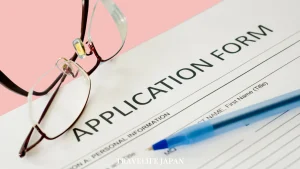
Popular Miyagi Dialect Phrases
- おばんです Oban desu
Meaning Good evening. “Oban desu” is a greeting used in Miyagi Prefecture and other regions of northern Japan. It’s especially popular in Miyagi and is a friendly way to say “Good evening” to locals. In a more formal tone, you can say “おばんでございます” (Oban de gozaimasu), “おばんでござりす” (Oban de gozarisu), or “おばんでがす” (Oban degasu). - いずい Izui
Meaning Uncomfortable, awkward, doesn’t fit well. “Izui” is one of the most challenging dialect words in Miyagi Prefecture, often used to express a slight discomfort or feeling that something doesn’t quite fit or feel right. It’s not easily understood by people from other regions. - いきなり Ikinari
Meaning Very, extremely, considerably. While “いきなり” exists in standard Japanese with the meaning of “suddenly,” in Miyagi dialect, it is used to mean “very” or “extremely.” Be cautious when using it with people from other regions, as it might be misunderstood. - おしょすい Oshosui
Meaning Embarrassing, ashamed, thankful. “おしょすい” is primarily used to mean “embarrassing,” but it can also convey a sense of gratitude, similar to saying “thank you.” This dialect is more commonly used by older individuals and varies in pronunciation in different parts of Miyagi and the Tohoku region. - もぞこい Mozokoi
Meaning Pitiable, feeling sorry for someone. “もぞこい” is used to express not only a sense of pity or sympathy but also a feeling of wanting to help or protect someone. It often conveys a sense of cuteness or endearment, and it’s commonly used by older generations. - がおる Gaoru
Meaning Tired, lacking energy. While “がおる” may sound harsh and implies a sense of weariness or fatigue, it’s typically used when someone is feeling physically or mentally drained. It’s a common word in daily conversations. - 〜だっちゃ 〜datcha
Meaning It is ~, it is so. “だっちゃ” is a widely recognized and iconic dialect in Miyagi. When used as an affirmative response, it means “it is” or “it is so.” When added to the end of a sentence, it serves as an informal way of confirming the statement. It has a charming and endearing quality, particularly when spoken by women. - 〜けろ 〜kero
Meaning Please do ~, Please. “〜けろ” is a friendly way to request something, similar to “please” in standard Japanese. It can be added after a noun or a verb to politely ask for someone’s cooperation or assistance. - 〜してけさいん 〜shite kesain
Meaning Please do ~, Please. Similar to “けろ,” “〜してけさいん” is another way to politely ask someone to do something. It carries a softer and more gentle tone, making it a polite request.
Conclusion
Miyagi presents an enriching environment for language learners by offering opportunities to not only study Japanese but also actively engage with its culture. It’s a place where the beauty of nature and the depth of cultural traditions come together, creating a unique and rewarding destination for those seeking to deepen their understanding of Japan while honing their language skills.
- Best Japanese Language School in Japan
- Best Japanese Language Schools in Hokkaido
- Best Japanese Language Schools in Tokyo
- Best Japanese Language Schools in Nagoya Aichi
- Best Japanese Language Schools in Kyoto
- Best Japanese Language Schools in Osaka
- Best Japanese Language Schools in Fukuoka
CONTACT US
For studying Japanese in Japan, please contact us.
